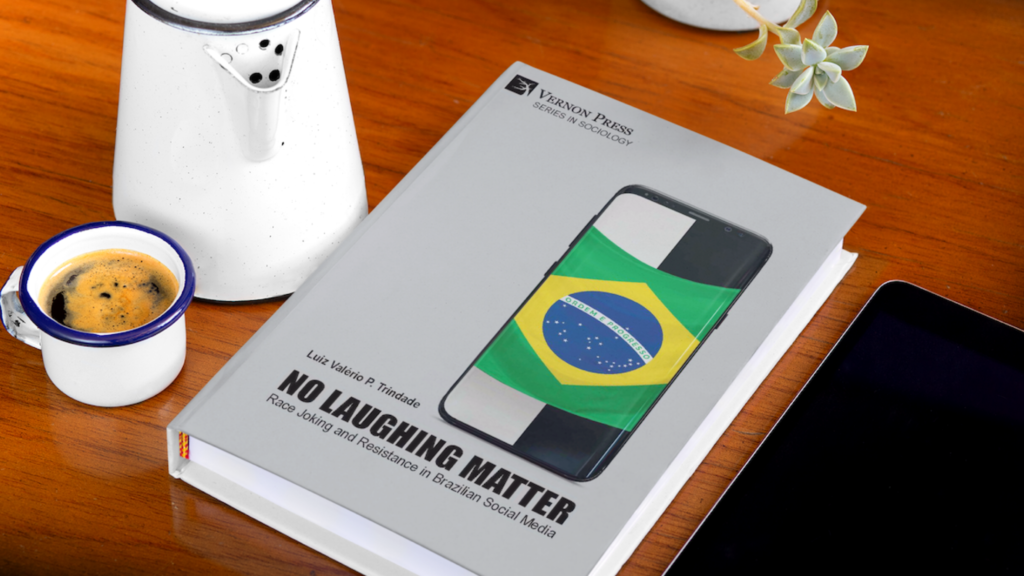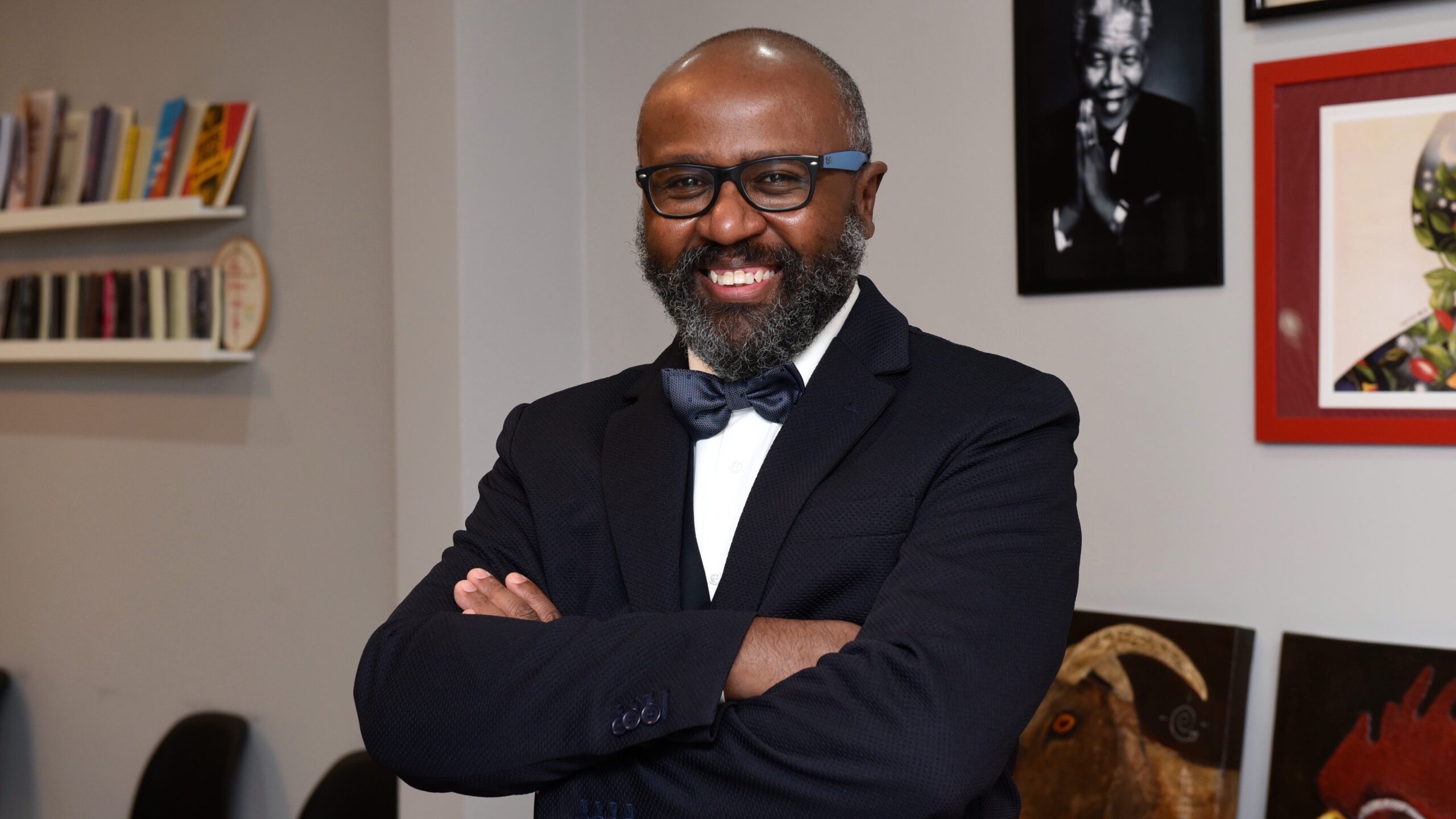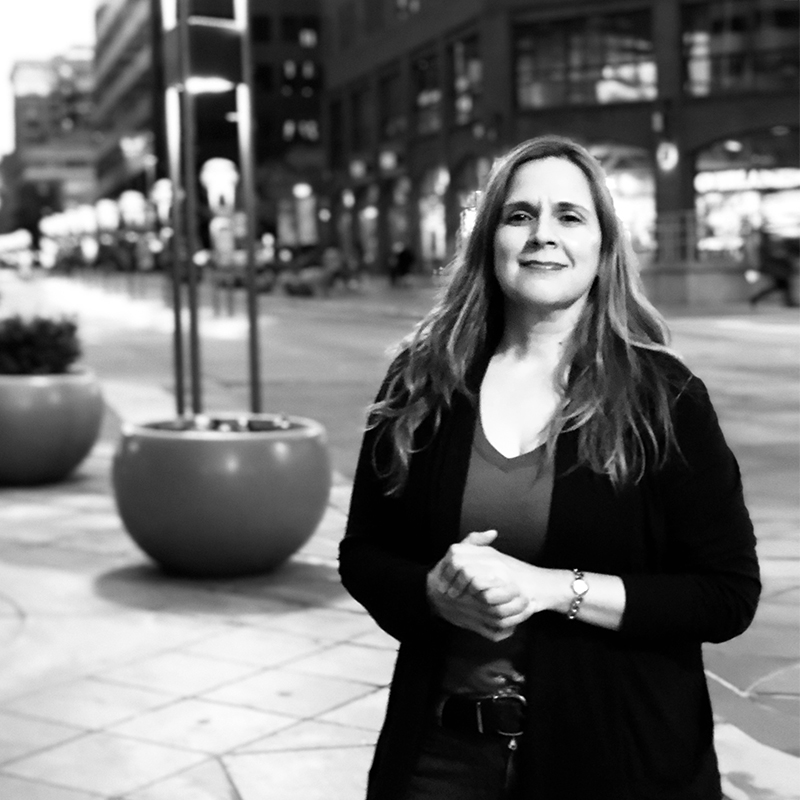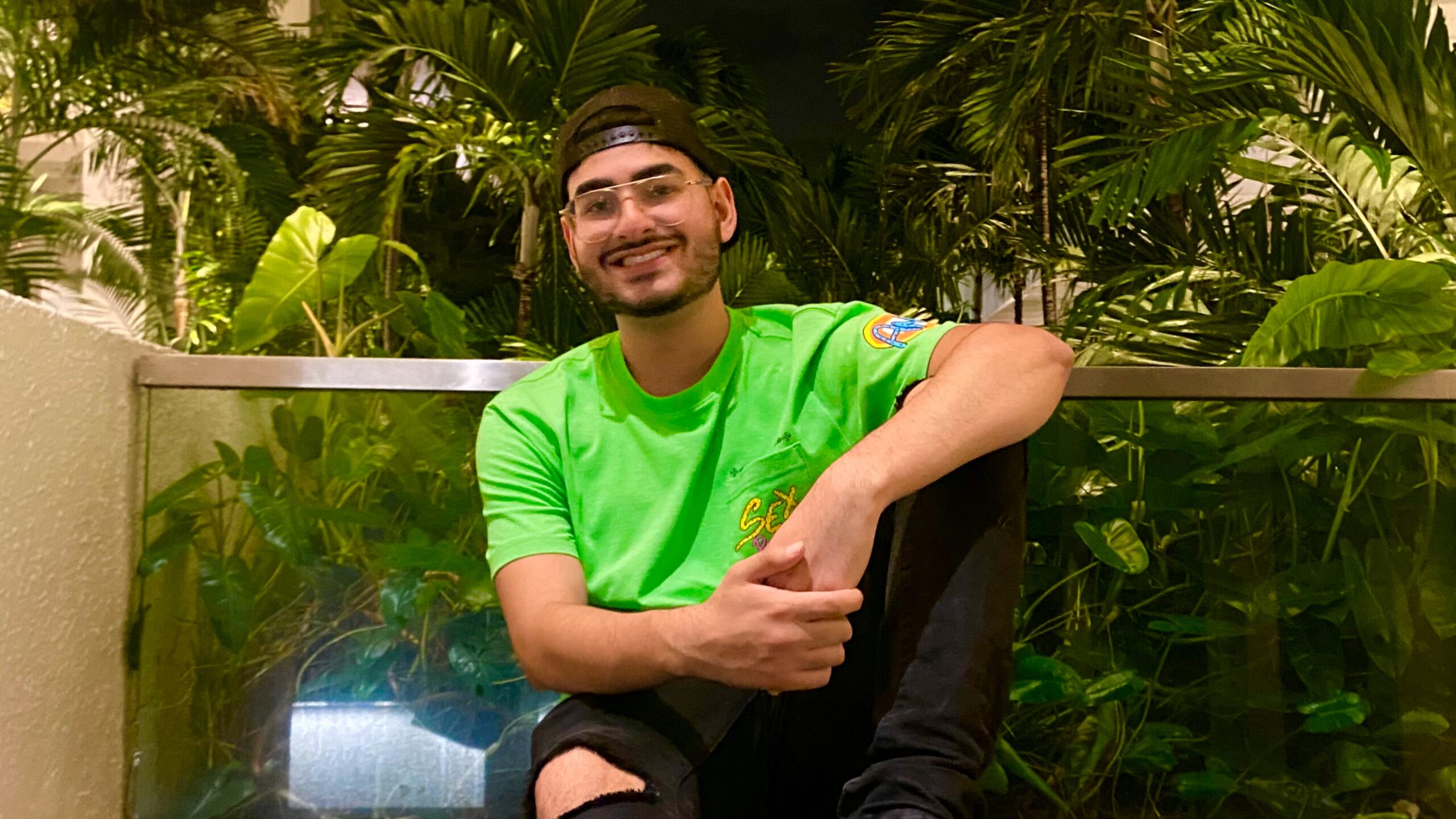The passion to expand his horizons led Luiz Valério P. Trindade, originally from Brazil, to know other cultures, places and people in addition, to learning other languages.
He was 13 years old when he traveled to a town near his hometown and at the age of 16 and his desire to know other worlds led him to buy a bus ticket to do just that, travel to a more distant destination.
Trindade arrived to Pantanal, about 22 hours from São Paulo, Brazil. Two years later, learned English and travel abroad. Today he has made new discoveries about the world around him.
In an exclusive interview for perlarico.com, Luiz Valério P. Trindade, shares with us the result of his research as a sociologist which led him to write, No Laughing Matter: Race Joking and Resistance in Brazilian Social Media.
1. Thanks for the interview. Tell us a little about yourself.
Luiz: I consider myself a person with an inquisitive mind, and I believe this characteristic has had a decisive role in my academic career.
2. How did you get involved as a writer?
Luiz: I was very fortunate to have had a few inspiring teachers in my youth, which have triggered my interest in reading and writing. Thus, when I was in college, writing assignments were not a burden to me. On the opposite. I faced them quite lightly, and subsequently, during my Master’s and Doctoral studies, academic writing just became a natural part of my life.
3. How No Laughing Matter: Race Joking and Resistance in Brazilian Social Media emerged?
Luiz: Is derived from my Doctoral dissertation in Sociology. Emerged from an acute observation of certain societal transformations that were taking place around that moment (2014-2015). What I noticed was a subtle and important shift regarding the manifestation of racist discourses split into two relevant aspects.
Trindade continues, “First, many people were increasingly exploring social media platforms to convey a myriad of racist and discriminatory ideologies that they felt constrained or embarrassed to recite in public. Second, the fact that many of such racist and discriminatory discourses were conveniently concealed in disparagement humor.”
“Consequently, the book results from a sociological investigation. I conducted to understand this phenomenon.”
-Luiz Valério P. Trindade, author No Laughing Matter: Race Joking and Resistance in Brazilian Social Media

4. You believe that social networks are a way to escape from the reality of society?
Luiz: No, I see things in a different way. My understanding is that many people use social media as a tool to subvert social conventions constraints and unleash their discriminatory and intolerant ideologies.
5. How do you define racism?
Luiz: I define it as a system of oppression (explicit or subtle) which aims to secure certain privileges for hegemonic social groups (oftentimes white people) by challenging and undermining symbolic achievements of ethnic minority individuals (e.g., Blacks, Hispanics, original indigenous communities, and so forth), in such a way that they do not achieve upward social mobility and neither positions of power and decision-making.
Key results: 81% of victims of racist hate speech on social media in Brazil are rising black women between 20 and 35 years old.
6. Do you think that the Brazilian educational system should include topics that involve social networks such as social impact and racism?
Luiz: Absolutely yes. In fact, in the policy brief entitled Contemporary Forms of Racism and Bigotry on Social Media Platforms that I published in 2018, I already advocated that education is one of the most important ways to tackle hate speech.
Luiz also points out, “Fostering educational activities with young people is crucial because, given the fact that they represent an important demographic group of users of this digital technology, they must be well informed about their potential harms and ways to avoid being adversely impacted by hate speech and racist discourses circulating in the digital environment.”

7. In your opinion, could social networks help raise awareness about positive change towards black women?
Luiz: Definitely yes. The large corporations behind major social media platforms should foster more positive and inclusive views of diverse vulnerable social groups and not tolerate abuse in their platforms. Furthermore, they should promote several awareness campaigns to deconstruct the idea nurtured by many aggressors that the online environment is a sort of nobody’s land, and everything goes.
Luiz continued, “In case they are exposed to disturbing content on their social media, they should not replicate or forward them, and know where to report this sort of inappropriate content.”
8. Without a doubt there is much to do as a society to create a different perspective for new generations. Where could we start?
Luiz: Education is an important transformation tool. The current young generation is being raised in the digital era, and they comprise the predominant target audience of the corporations. Thus, they should be taught about the adverse societal impacts of hate speech, fake news, cyberbullying, misogyny, religious intolerance, xenophobia, and so forth. They should be taught that these practices do bring serious consequences to people’s lives.
9. Do you think social networks should restrict these types of hate messages?
Luiz: Several comments made by different social actors (e.g., individuals, leaders of non-governmental organisations, and opinion makers) claim that when they flag inappropriate content to the platforms, they sometimes take action. However, the problem is that they do not always remove the content and, also according to several people, the response time is very slow. The direct consequence of this situation is that, in the meantime, the disturbing content continues to circulate online and cause harm to the victims.
10. As a sociologist, what would be your message for those who use digital platforms?
Luiz: That is an important question because being critical about the societal impacts of social media platforms can unintentionally lead some people to think that researchers are against technological advancements. It is far from that
“Social media represents an undeniable contemporary communication revolution with numerous benefits and interesting possibilities. Nonetheless, the criticism that both I and several other authors do is that this technology should not be weaponized to distil hate, intolerance and divisionism in society.”
-Luiz Valério P. Trindade, author No Laughing Matter: Race Joking and Resistance in Brazilian Social Media
Luiz adds, “The message is that people should explore the large array of communication possibilities afforded by social media platforms in a constructive and civil manner, rather than transforming them into a toxic environment and a vehicle to bring harm and pain to others.”
Thank you Luiz for offering us a different and real perspective of social networks in the face of racism on digital platforms.
To learn more about Luiz Valério P. Trindade’s journey visit his official site here, or follow him on YouTube.












